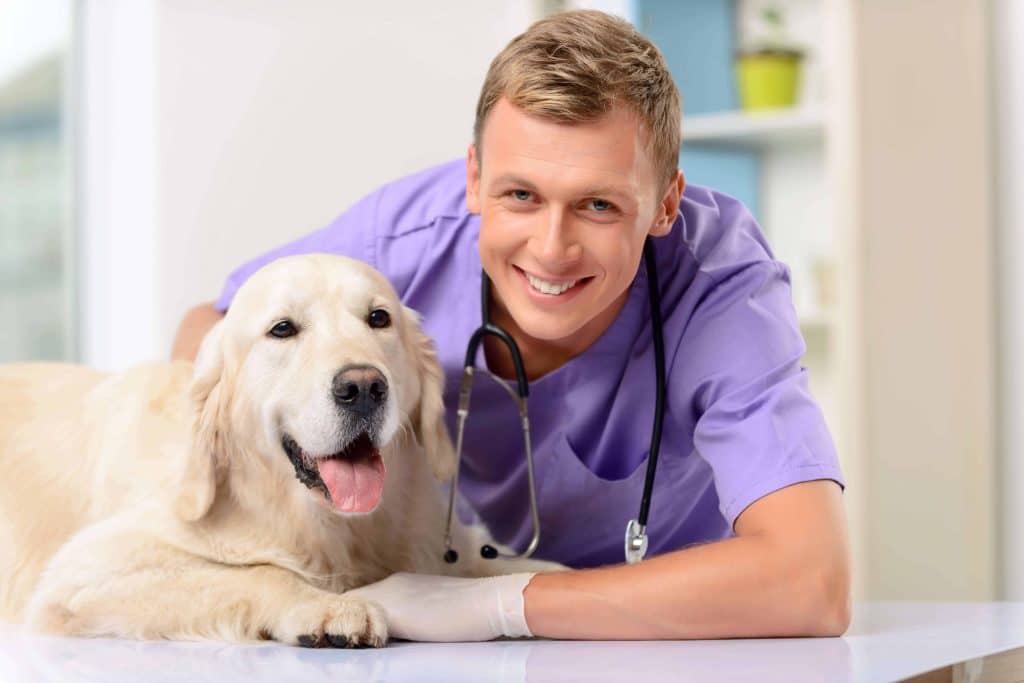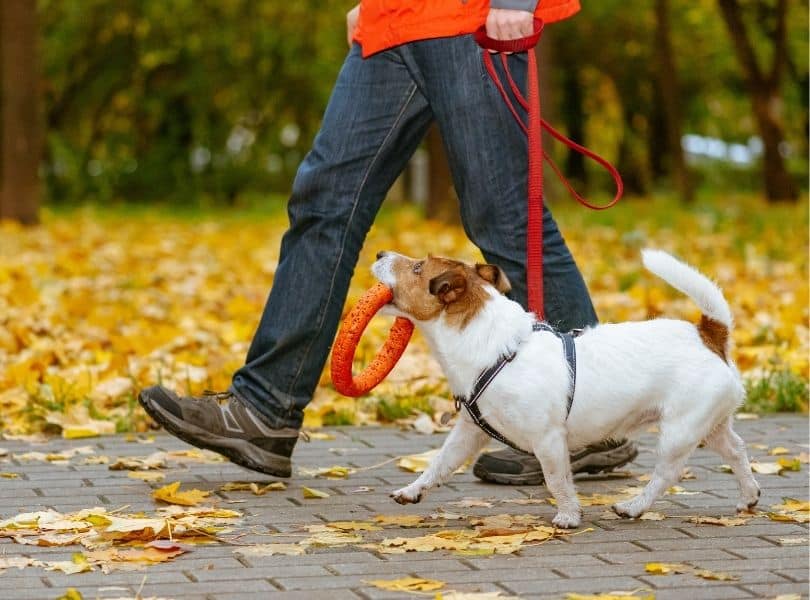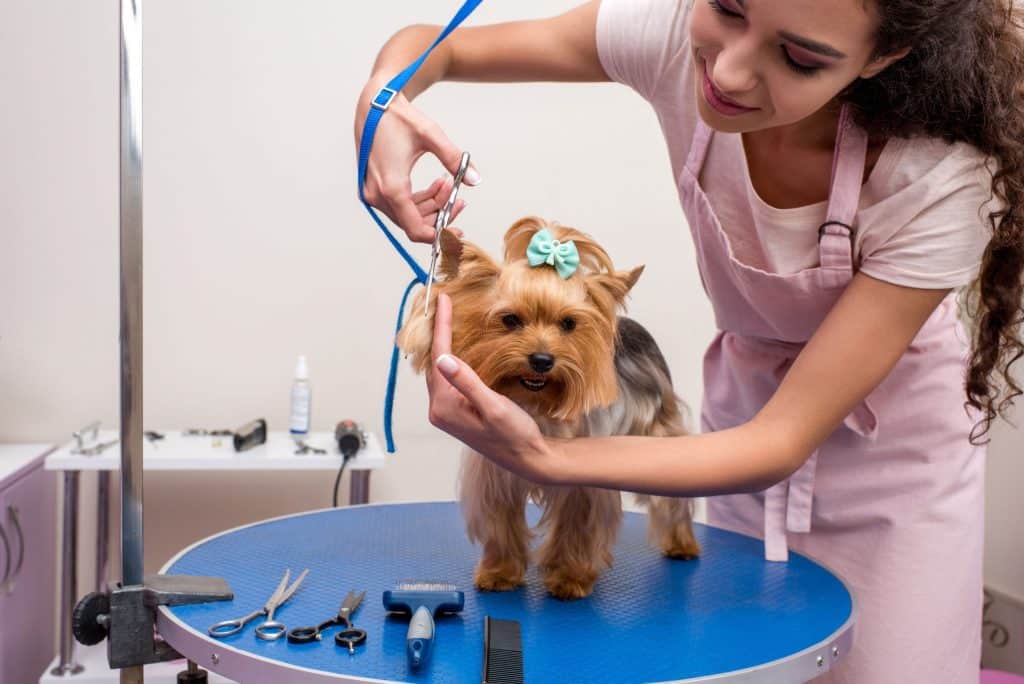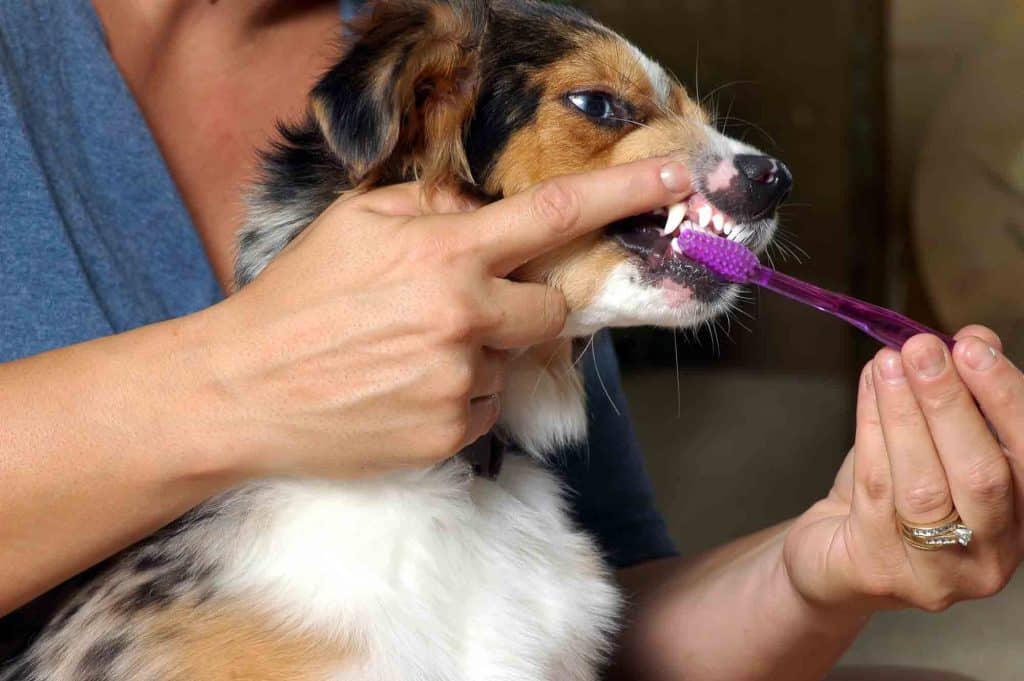Understanding the health needs of a dog is paramount for any pet owner. Dogs, like humans, require specific care and attention to maintain their health and well-being. This blog post explores essential aspects of canine care, from regular veterinary visits to balanced nutrition and physical activity. By delving into these key areas, pet owners can ensure their furry companions lead a happy, healthy, and fulfilling life. The goal is to provide a comprehensive guide to what truly matters in maintaining the optimal health of a dog.
Regular Vet Visits

Regular veterinary visits are crucial for the early detection and prevention of health issues in dogs. These check-ups allow veterinarians to assess the overall health of a dog and detect potential problems before they become serious. Routine visits often include physical examinations, vaccinations, and screenings for common health issues. Veterinarians also provide valuable advice on nutrition, behavior, and general care, ensuring that dogs receive comprehensive health management.
Beyond routine check-ups, veterinary visits are vital for preventive care. This includes vaccinations against common diseases, parasite control, and spaying or neutering. These preventive measures not only protect the individual dog but also contribute to the broader health of the canine community. Veterinarians can tailor preventive care based on a dog’s lifestyle, breed, and age, thus ensuring each dog receives the most appropriate care for its specific needs.
Balanced Nutrition

Nutrition plays a fundamental role in a dog’s health. A balanced diet, tailored to a dog’s specific needs, is essential for maintaining their energy, health, and longevity. Factors like age, breed, activity level, and health conditions should guide food choices. High-quality dog food should provide a balance of proteins, carbohydrates, fats, vitamins, and minerals. Understanding labels on dog food products is key to ensuring that dogs receive the right nutrients in the right proportions.
However, nutrition isn’t just about choosing the right dog food. It’s also about understanding what is harmful to dogs. Certain human foods can be toxic to dogs, and overfeeding can lead to obesity and related health problems. Additionally, dietary supplements may be necessary for some dogs, depending on their health needs. Consulting a veterinarian about a dog’s diet is the best way to ensure its nutritional needs are met effectively and safely.
Exercise and Physical Activity

Exercise is vital for a dog’s physical and mental health. It helps prevent obesity, which is a growing concern in pets and can lead to various health issues like diabetes and joint problems. Different breeds and ages require different amounts and types of exercise. For instance, high-energy breeds may need more intense activities like running or agility training, while older dogs might benefit from gentle walks. Regular physical activity also helps mitigate behavioral problems by channeling energy into constructive outlets.
Not only does exercise keep a dog physically fit, it also plays a crucial role in their mental well-being. Activities like playing fetch, going on hikes, or even participating in dog sports can provide mental stimulation. It’s important to find a balance that suits the dog’s individual needs, ensuring they are neither overexerted nor under-stimulated. Owners should observe their dogs for signs of fatigue or discomfort during activities, adjusting routines as necessary to maintain optimal health and happiness.
Mental Stimulation And Socialization

Mental stimulation and socialization are as important as physical exercise in a dog’s life. Dogs are intelligent creatures that require mental challenges to stay engaged and happy. Puzzle toys, training sessions, and interactive games are excellent ways to keep a dog’s mind active. These activities prevent boredom and associated destructive behaviors. Additionally, socializing with other dogs and people is crucial for a dog’s emotional development, especially in the early stages of life.
Lack of mental stimulation can lead to a range of behavioral issues in dogs, including anxiety, aggression, and destructive behavior. Regular social interactions help dogs learn appropriate behavior with other dogs and humans, reducing the likelihood of social anxiety and aggression. It’s important to introduce these experiences in a controlled, safe environment, especially for puppies or dogs with past trauma. This approach ensures positive experiences that contribute to a well-rounded and sociable pet.
Regular Grooming And Hygiene

Grooming is an essential aspect of dog care that goes beyond aesthetics. Regular grooming helps maintain a healthy coat and skin, reduces the chance of various health problems, and can be a bonding experience between the dog and its owner. Activities such as brushing, bathing, and nail trimming should be part of a regular routine. Brushing helps remove dead hair and skin, distribute natural oils, and prevent matting, especially in long-haired breeds.
In addition to coat care, grooming routines should include regular checks and cleaning of ears, eyes, and teeth. This helps in early detection of potential issues like infections or dental problems. It’s important to use products specifically designed for dogs, as human products can be harmful to them. Professional grooming services can be a valuable resource for owners who are unable to perform certain grooming tasks themselves or for dogs with special grooming needs.
Dental Care

Dental health is a frequently overlooked but vital component of a dog’s overall health. Poor dental hygiene can lead to dental diseases, which can cause significant pain and potentially lead to more serious health issues, including heart, liver, and kidney problems. Regular teeth brushing, using dog-specific toothpaste, is the most effective way to maintain oral health. Starting this routine early in a dog’s life helps them become comfortable with the process.
In addition to brushing, dental treats and toys designed to reduce plaque and tartar can be beneficial. However, these should not replace daily brushing. Regular dental check-ups with a veterinarian are also crucial. They can provide professional cleanings and address any dental issues before they become severe. Owners should be vigilant about signs of dental issues, such as bad breath, difficulty eating, or discolored teeth, and seek veterinary care promptly.
Emotional Well-being And Stress Management

Emotional well-being is a crucial factor in a dog’s overall health. Dogs can experience stress and anxiety, which can manifest in various ways, including destructive behavior, excessive barking, or withdrawal. Recognizing and addressing these emotional needs is important. Creating a stable, safe environment and establishing a consistent routine can significantly reduce stress in dogs. Additionally, providing safe spaces like crates or quiet areas where dogs can retreat when overwhelmed is beneficial.
Techniques such as positive reinforcement training, desensitization exercises, and even professional behavioral therapy can be used to manage stress and anxiety. In some cases, environmental enrichment, like new toys or playtime, can improve a dog’s mood and reduce anxiety. It’s essential to be attentive to a dog’s emotional cues and seek professional advice if behavioral issues persist. Understanding and responding to these emotional needs ensures a happier, healthier life for dogs.
The Bottom Line
In conclusion, ensuring a dog’s optimal health involves a multifaceted approach that encompasses regular veterinary care, balanced nutrition, adequate exercise, mental stimulation, grooming, dental care, and emotional well-being. Each aspect plays a critical role in maintaining a dog’s health and happiness. Responsible pet ownership requires a commitment to understanding and meeting these diverse needs. By doing so, owners can enjoy a fulfilling relationship with their canine companions, ensuring they live long, healthy, and happy lives.